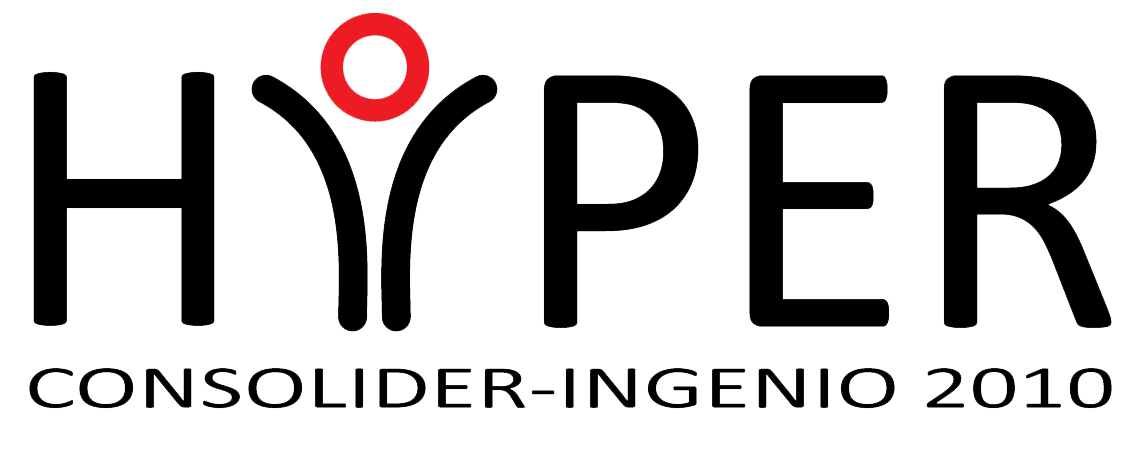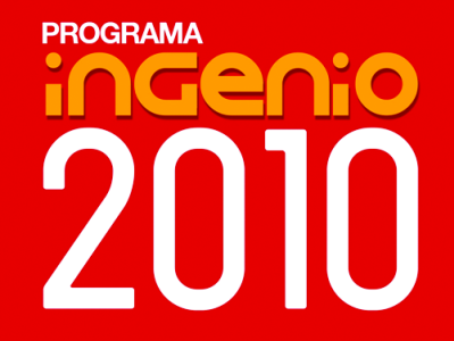Baiona (Spain), 14-19 September, 2014
WS4 - Virtual Rehabilitation
Virtual rehabilitation has gained more and more momentum with the introduction of affordable sensors, tracking tools and virtual reality hardware over the past few years. However, the most recent Strength-Weakness-Opportunity-Threat Analysis (SWOT Analysis) of the field of virtual rehabilitation is almost ten years old (see link below). This workshop re-evaluates this SWOT Analysis through a hands-on approach that gives participants a theoretical and practical understanding of emerging technologies of virtual rehabilitation. The workshop concludes with group work that applies the gained insights into drafting a new and updated SWOT Analysis for the field of virtual rehabilitation with the goal of publishing the manuscript. Particular focus of the workshop lies on the applied use of virtual reality technology for meeting the needs and expectations of patients and clinicians. Both, technical and clinical perspectives are being discussed.
Participants can expect:
- Hands-on time with sensors, displays, apps and software prototypes
- Presentations about past and current state-of-the-art of virtual rehabilitation
- Group work, discussion and Q&A time that focuses on updating the existing SWOT Analysis
(http://www.brainline.org/downloads/PDFs/SWOT_Analysis_VR_Rizzo.pdf)
Organizers
Sebastian Koenig, Ph.D.
Katana Simulations UG
Goals
- Gain an understanding of emerging technologies for virtual rehabilitation, their strengths, weaknesses, opportunities and threats
- Gain practical experience with modern sensors and displays (e.g. Leap Motion sensor, Oculus Rift HMD)
- Draft and publish updated SWOT analysis through discussions, literature searches and group work
Speakers
Sebastian Koenig, Ph.D.; Katana Simulations UG
Dr. Sebastian Koenig is a neuroscience researcher and human interface technology engineer with over ten years of experience in clinical neuropsychology and software engineering. As CEO of Katana Simulations, he oversees the design, development, evaluation and implementation of simulations and games for healthcare, education and training.
Number of hours
The workshop is a blend of a theoretical overview of the field of virtual rehabilitation (2 hours), hands-on time with sensors, tracking tools and actual rehabilitation prototypes (2 hours) and group work to evaluate the current state-of-the-art of virtual rehabilitation (4-5 hours).
Program
| Sept 15 | Sept 16 | Sept 18 | |
| 14.30-16.00 | Introduction and overview of Virtual Rehabilitation | Discussion and evaluation of current state-of-the-art of virtual rehabilitation | Review of previous days Group work: drafting update to SWOT analysis |
| 16.00-16.30 | Coffee break | ||
| 16.30-18.30 | Introduction and hands-on time with relevant hardware and software | Group work: summarizing current state-of-the-art of virtual rehabilitation | Group work: drafting update to SWOT analysis; Workshop summary, conclusions, Q&A time |
Expected audience
Any participant with interest in rehabilitation and technology is welcome
Previous knowledge
Read paper: http://www.brainline.org/downloads/PDFs/SWOT_Analysis_VR_Rizzo.pdf
Topics in which the PhD students will get insight
How virtual rehabilitation has advanced in the last decade and how it can augment traditional therapy for better clinical outcomes. Knowledge of current virtual reality hardware and software will be gained. Limitations and opportunities for virtual rehabilitation in clinical practice and research will be discussed.
HW/SW that the participant need to bring/install
Laptop, word processor, web browser






